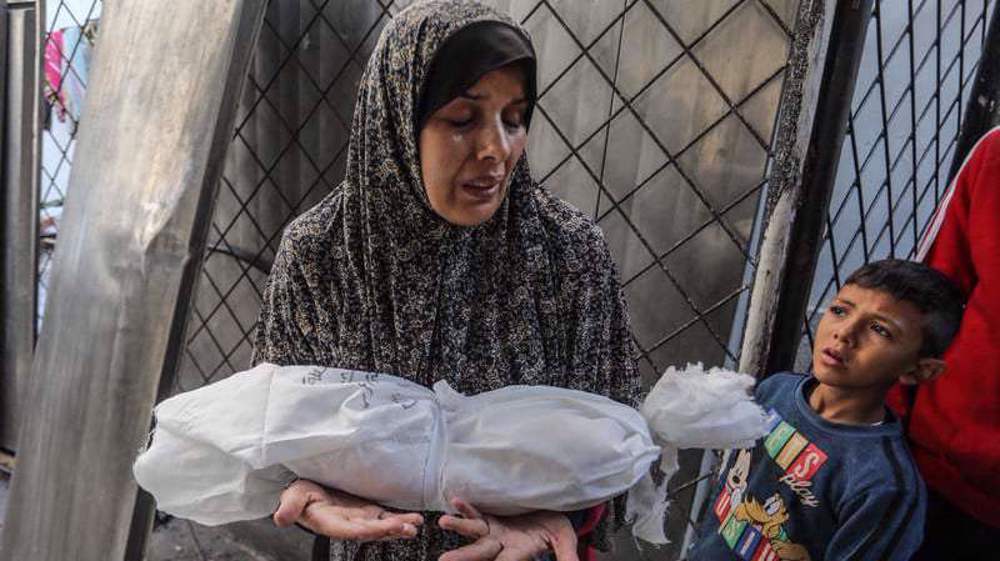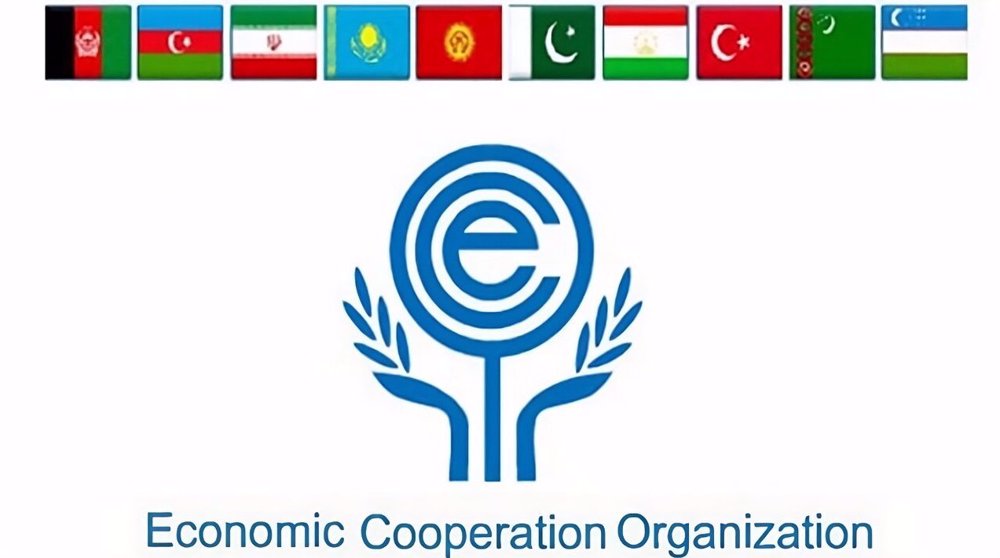Mourning martyrdom of Imam Hussein, Muslims around world mark Tasu’a
Millions of Muslims around the world mark Tasu'a, the 9th day of the Muslim month of Muharram, a day before the martyrdom anniversary of Imam Hussein (AS), the third Shia Imam.
The day is devoted to Abbas Ibn Ali (AS), the half-brother of Imam Hussein (AS) and the flag-bearer of Imam Hussein's caravan. Abbas was martyred while he tried to bring water back to the camp of the Imam for the thirsty women and children who had been left without any water for days due to a siege by the enemy.
As one of the most important days in the Islamic calendar, Tasu'a is the day of loyalty and resistance epitomized by Abbas' sacrifices in the battle of Karbala.
It is the day when Shimr bin Ziljaushan, the murderer of Imam Hussein (AS), arrived at the battlefield of Karbala, just a day before Ashura when Imam Hussein were martyred in 680 AD along with his 72 companions.
Muharram is one of the most sacred months in the Islamic calendar because of the sacrifices that were made by the family of Prophet Muhammad to establish the message of humanity. The first ten days of the month hold the most significance during which the battle took place. The rituals around the world during these ten days differ with local traditions and customs, but lamenting over the martyrdom is common everywhere.
The wearing of black clothes and beating the chest to the songs of lamentation to symbolize mourning is practiced among Shia Muslims. They mark the occasion to remember the unimaginable sufferings of the 72 martyrs and their families in the dessert battlefield.
The caravan was on its way from Saudi Arabia to Iraq where people had declared allegiance to Imam Hussein. The massive army of the tyrant of the time, Yazid, stopped them in the plains of Karbala where Imam Hussein and his companions chose to fight to their last breath rather than pledge alliance to caliph Yazid.
Iran is known for its rituals on Tasu’a. From re-enactment plays of the battle of Karbala to other mourning ceremonies, the traditional processions have been held for ages. People also come together to donate votive food offerings to the people in the name of Imam Hussein (AS), mostly done after the end of a congregation.
The ten-day mourning is itself symbolic to the continuous embracing of the stance of truth against evil, and about humanity’s win over brutality - the stance which Imam Hussein (AS) held till his last breath and because of which he was martyred.
Hezbollah strikes Israeli bases with drones, missiles
Iran calls for action in defense of Palestinian women
VIDEO | Sydney protests demand action as Israel faces ICC warrant for war crimes
VIDEO | Arrest warrant for Israeli war criminals
Iran to host ‘important’ ECO foreign ministers' meeting in Mashhad
Wounded in Israeli strike, health of Kamal Adwan Hospital's director worsens
VIDEO | Press TV's News Headlines
Iran reports 11% drop in domestic red meat supply









 This makes it easy to access the Press TV website
This makes it easy to access the Press TV website